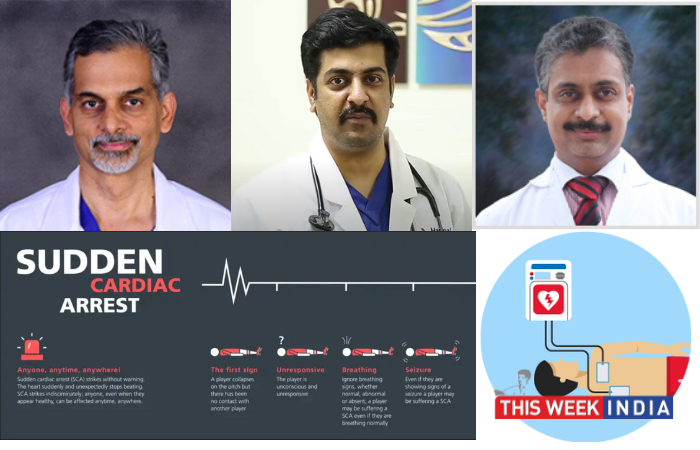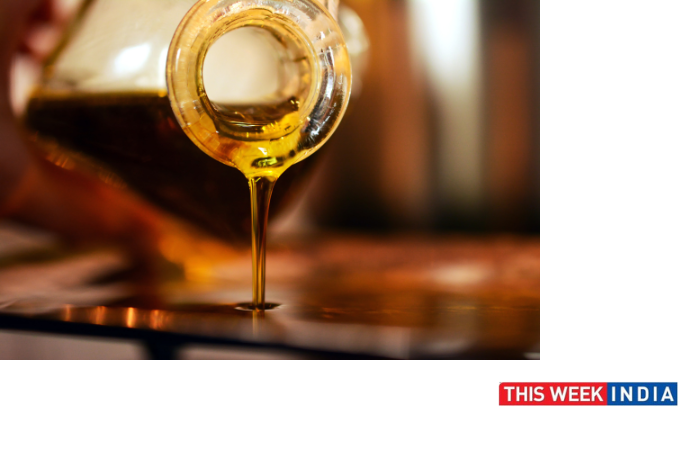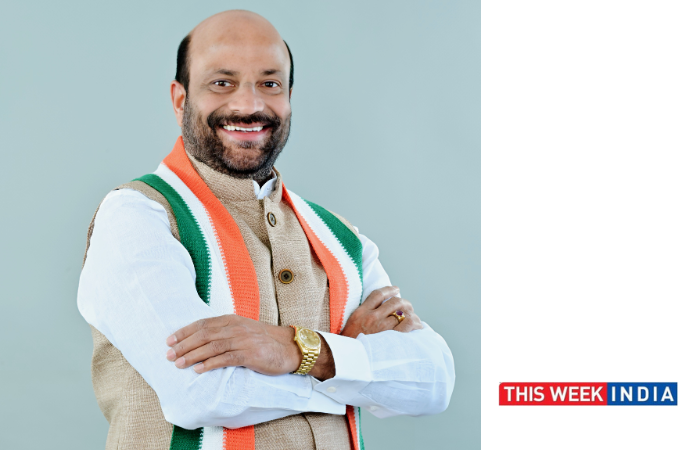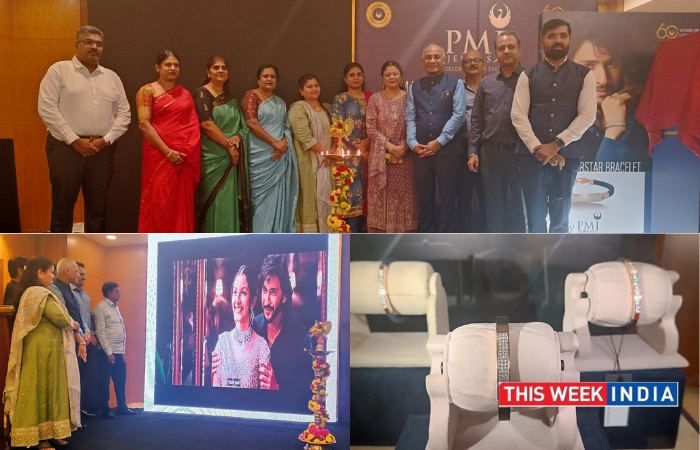Bangalore, October 2022: In the backdrop of Sudden Cardiac Arrest (SCA) awareness month, leading cardiologists have laid emphasis on the need to create awareness around the condition. In India, there has been a major increase in cardiac arrest cases, particularly in younger age groups. As per estimates, there are more than 7 lac cases of sudden cardiac deaths being reported annually. As per World Health Organization (WHO), 86% of CVD deaths could have been prevented or avoided through prevention and treatment. Given this, many lifestyle habits have been linked with poor cardiovascular health.
Dr. Suraj Narasimhan A, Consultant Interventional Cardiologist And Structural Intervention Specialist, Manipal Hospitals says, “India is predicted to have the highest rate of cardiac fatalities worldwide by 2030. The main causes of this increase are unhealthy lifestyle choices and elevated stress. People are now consuming more processed foods with high amounts of calories and sugar which are detrimental to health. Smoking and alcohol consumption are major reasons causing heart disease. While working from home is comforting, it has reduced the daily physical activity for many. People need to take a break and go for a run, jog, or stroll as per their interest. Children and younger individuals must also develop a habit of exercising for at least 40 minutes regularly as this is healthy for one’s heart and overall health.”
Dr. Girish B Navasundi, Senior consultant, Apollo hospitals, Bannerghatta shared “The first study on SCD in India by Rao et al in 2012 put the overall mortality due to SCD in India at 10.3% (roughly estimated at 7 lakh cases of SCD annually) with 21% of the deaths in people who were below 50 years of age. It showed that SCD cases were 5–8 years younger compared to populations reported in the western hemisphere, with a high prevalence of major risk factors for CAD. At least 1 of 3 CAD risk factors — hypertension, diabetes, or smoking was observed in 80.6%. The trend toward increasing SCD events in developing nations is thought to reflect a change in dietary and lifestyle habits in these nations. Simple investigations like a surface ECG, ECHOCARDIOGRAPHY, TMT, can give valuable clues to these conditions. Everyone over 30-35 years should have routine cardiac evaluation, especially if there are small elevations in risk factors, if there is a history of sudden death in the family or any episodes of unexplained fainting.”
It is important to realize that a sudden cardiac arrest differs from a heart attack, which happens when one or more of the patient’s coronary arteries get blocked. A cardiac arrest is generally caused due to an abnormal heart rhythm, which occurs when our heart’s electrical system is not functioning properly. However, an acute heart attack can sometimes trigger an electrical disturbance resulting in a sudden cardiac arrest.
Dr. Prakash V S Professor & HOD- Department of Cardiology, M S Ramaiah Narayana Heart Centre, says, “According to ICMR data from 2019, Karnataka ranks fifth on the list of states for cardiovascular disease mortality in India with about 250.94 deaths per 100,000 people. Although heart attacks have disproportionately affected men, it is noteworthy that a sizable proportion of women have also experienced cardiac problems.” He added, “Cardiac arrest, which results in abrupt death, occurs mainly due to dangerous rhythm abnormalities— ventricular tachycardia and ventricular fibrillation. Nowadays, everyone over the age of 30 must get a CT angiography or a heart scan. It will identify even minor coronary artery disease and prevent any possible cardiac arrest or heart attack in the future.”
Post a cardiac arrest episode, survival is possible with prompt and appropriate medical care. Cardiopulmonary resuscitation (CPR), using a defibrillator to shock the heart, or even just giving compressions to the chest can improve the chances of survival until medical help arrives.









